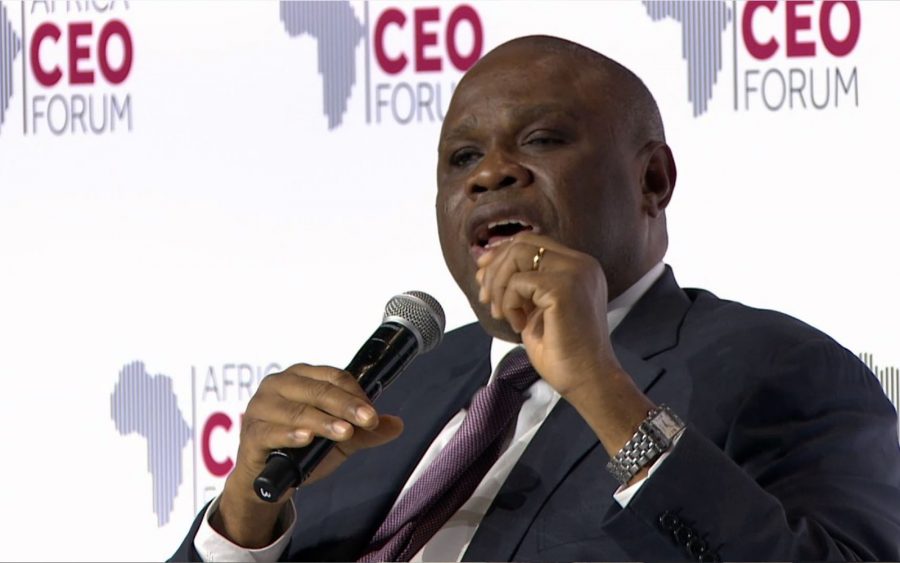Nigeria has received 40 percent of Afreximbank’s $65 billion worth of loan syndications for trade financing and development intervention for being the largest stakeholder and donor of the bank. The 40 percent will cover public investments and private sector working capital particularly, the banks. This was made known during the bank’s 25 years anniversary in Abuja Nigeria where the South African President, Cyril Ramaphosa was in attendance.
The bank’s current initiatives in Nigeria consists of the development of testing and inspection centres across the country in collaboration with the Standards Organization of Nigeria; and establishment of a Centre of Excellence for Tertiary Healthcare/Medical Park. There is also ongoing talks to participate in the Nigeria SEZ Investment Company Limited being promoted by the government; the support for industrial projects through loans to strategic banks; provision of trade and letter of credit lines to all Nigerian banks, in close coordination with Central Bank of Nigeria (CBN); and development of an Afreximbank Africa Trade Centre in Abuja.
Dr. Benedict Oramah, the bank’s president has said that the materialisation of the bank was in response to the challenges of unprecedented debt crisis that ravaged the continent like a plague those days and as a child of necessity, was conceived for Africa and by Africans and now effectively delivered by Africans. $50 billion has been granted in support of trade and project activities across Africa for the past 25 years.
One of such support amongst others was when the bank prevented the implosion of Zimbabwe by providing an aggregate of about $4 billion to avert hunger and support critical businesses when virtually all international banks cut off the country.
He stated that the bank had also given $3 billion in support of African airline operations. Dr. Oramah also stated that the bank was about to launch a pan-African payment and settlement platform in support of intra-African trade.
About Afreximbank
The African Export Import Bank (Afreximbank) was established in Abuja, Nigeria in October, 1993 by African Governments, African private and institutional investors as well as non-African financial institutions and private investors for the purpose of financing, promoting and expanding intra-African and extra-African trade. The Bank was established under the twin constitutive instruments of an Agreement signed by member States and multilateral organisations, and which confers on the Bank the status of an international multilateral organisation; as well as a Charter, governing its corporate structure and operations, signed by all shareholders.
The Bank, headquartered in Cairo, commenced operations on September 30, 1994, following the signature of a Headquarters Agreement with the host Government in August, 1994. It has branch offices in Harare, Abuja, Abidjan and Nairobi.











